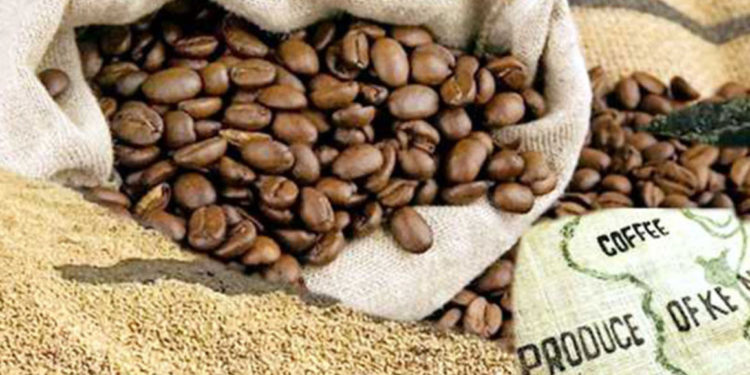Kenya’s manufacturing sector’s contribution to Kenya’s GDP has been on a decline, this is according to the Kenya Association of Manufacturers (KAM).
The association in a report to the National Assembly Departmental Committee on Finance and National Planning indicated that the sector contribution has been on the decline falling from 11.3% in 2010 to 7.3% in 2024.
KAM highlighted several critical issues, which they noted were affecting the sector, consequently denying the country the much needed revenue.
According to Tobias Alando Chief Executive of KAM the effect of this decline is evident in employment figures. The sector employed 369,200 Kenyans in 2024, accounting for 11.8% of formal wage employees.
ALSO READ:
President Ruto unveils the Kshs 120 billion landmark LV Marina master planned development in kisumu
‘Reversing the declining manufacturing GDP would lead to an increase in wage employees, consequently boosting direct tax contributions like PAYE and indirect taxes such as VAT through increased consumption” he said.
The KAM CEO told MP Kuria Kimani led Committee that textile, alcoholic beverage, and tobacco sectors alone experienced estimated tax losses of Kshs. 33 billion, Kshs. 120 billion, and Kshs. 9 billion, respectively, due to illicit trade.
He said that eradicating illicit trade could reduce the estimated fiscal deficit of Kshs 876 billion in 2025/26 to Kshs 50 billion.
The sector also faces challenges such as high cost of energy and inconsistent power supply, the challenges have further dampening its competitiveness.
Other challenges include unstable and unpredictable policies, regulatory burdens, and cash flow constraints.
Concerning the proposals in the Finance Bill, 2025, the Association opposed the proposal regarding the shift from zero-rated to exempt, where several products and their inputs, previously zero-rated for value added tax (VAT), are proposed to become exempt.
ALSO READ:
The association CEO told the Committee that this change would imply that input VAT will no longer be recoverable, becoming a cost to businesses.
The Association further held that this shift is projected to increase the cost of medicaments by approximately 5%t due to unrecoverable input VAT, should inputs for medicaments, currently zero-rated, be made tax exempt.
KAM also recommended exempting imported sack kraft and kraftliner used for packaging from VAT. Currently VATable, packaging for tea and coffee is proposed to be exempt in the Bill.
They argued that while the intention is to reduce costs for farmers and traders, this change would make input VAT part of the production cost for local packaging manufacturers.
ALSO READ:
Kisumu Assembly wants the public to contribute to SHA to ease health burden
As a result imported finished tea sacks would become more competitive due to a lower tax burden.
They submitted that while locally assembled or manufactured mobile phones, currently zero-rated, are proposed to be exempt, taxing inputs while exempting the final product would lead to unrecoverable VAT, increasing production costs, raising consumer prices.
The committee will review the association’s proposals when the Committee retreats to review the submissions; it will also hold public hearings.
By Obegi Malack
Get more stories from our website: Sacco Review.
For comments and clarifications, write to: Saccoreview@
Kindly follow us via our social media pages on Facebook: Sacco Review Newspaper for timely updates
Stay ahead of the pack! Grab the latest Sacco Review newspaper!



